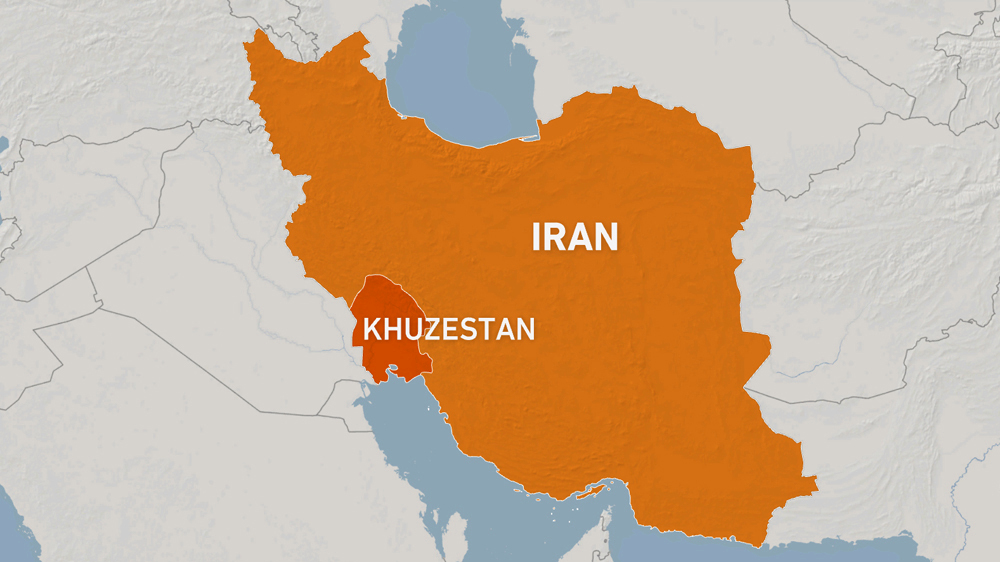Iranian foreign ministry spokesman said comments by Michelle Bachelet are ‘regrettable’, as protests have left four dead.
Iran on Saturday rejected “false accusations” by the UN rights chief on protests over water shortages in the country’s southwest, where at least four people have been killed since last week.
Khuzestan, Iran’s main oil-producing region and the wealthiest of the country’s 31 provinces, has been gripped by drought since March, with protests erupting in several towns and cities since July 15.
Iranian media and officials have said at least three people have been killed, including a police officer and a protester, accusing “opportunists” and “rioters” of shooting at demonstrators and security forces.
State television said a fourth person was killed on Thursday and two wounded during “rioting” in the western province of Lorestan, where it said people had taken to the streets “on the pretext of the water problems in Khuzestan”.
Sporadic internet slowdowns or blackouts have been reported across the province for several days. Despite the internet restrictions, numerous videos have come out of several counties in Khuzestan in the past week, in many of which shots can be heard and tear gas is seen being used.
In some videos, protesters can be seen venting angrily at baton-wielding security forces clad in black, riding motorcycles in large numbers.
Hashtags in Farsi such as #KhuzestanIsThirsty and #KhuzestanHasNoWater have been widely used to direct attention towards the crisis and protests that have been scantily covered by international media.
UN rights chief Michelle Bachelet on Friday told Iran to address the chronic water shortage in Khuzestan instead of cracking down on protesters.
“Shooting and arresting people will simply add to the anger and desperation,” she said, adding that the “catastrophic” situation had been building up for many years.
Iran’s foreign ministry spokesman Saeed Khatibzadeh said Saturday that Bachelet’s comments “on the recent events in Khuzestan (are) regrettable”, decrying “false accusations and incorrect information”.
The rights chief had failed to consider the government’s “great efforts” to “relieve the suffering of the population”, Khatibzadeh said in a statement, adding that this demonstrated the “political” character of the declaration.
President Hassan Rouhani said on Saturday that “despite the action taken, certain problems in Khuzestan province must still be quickly resolved,” adding that people had “the right to protest” against the situation.
On Friday, Supreme Leader Ayatollah Ali Khamenei said protesters cannot be blamed, calling on officials to deal with the crisis, according to state media.
“The people showed their displeasure … but we cannot really blame the people and their issues must be taken care of,” Khamenei was quoted on Friday by Iranian news agencies as saying, in his first direct mention of the weeklong protests.
Human rights groups abroad have accused Iran of using unlawful and excessive force to quell the Khuzestan protests and have cited a higher death toll than that reported by Iranian media.
